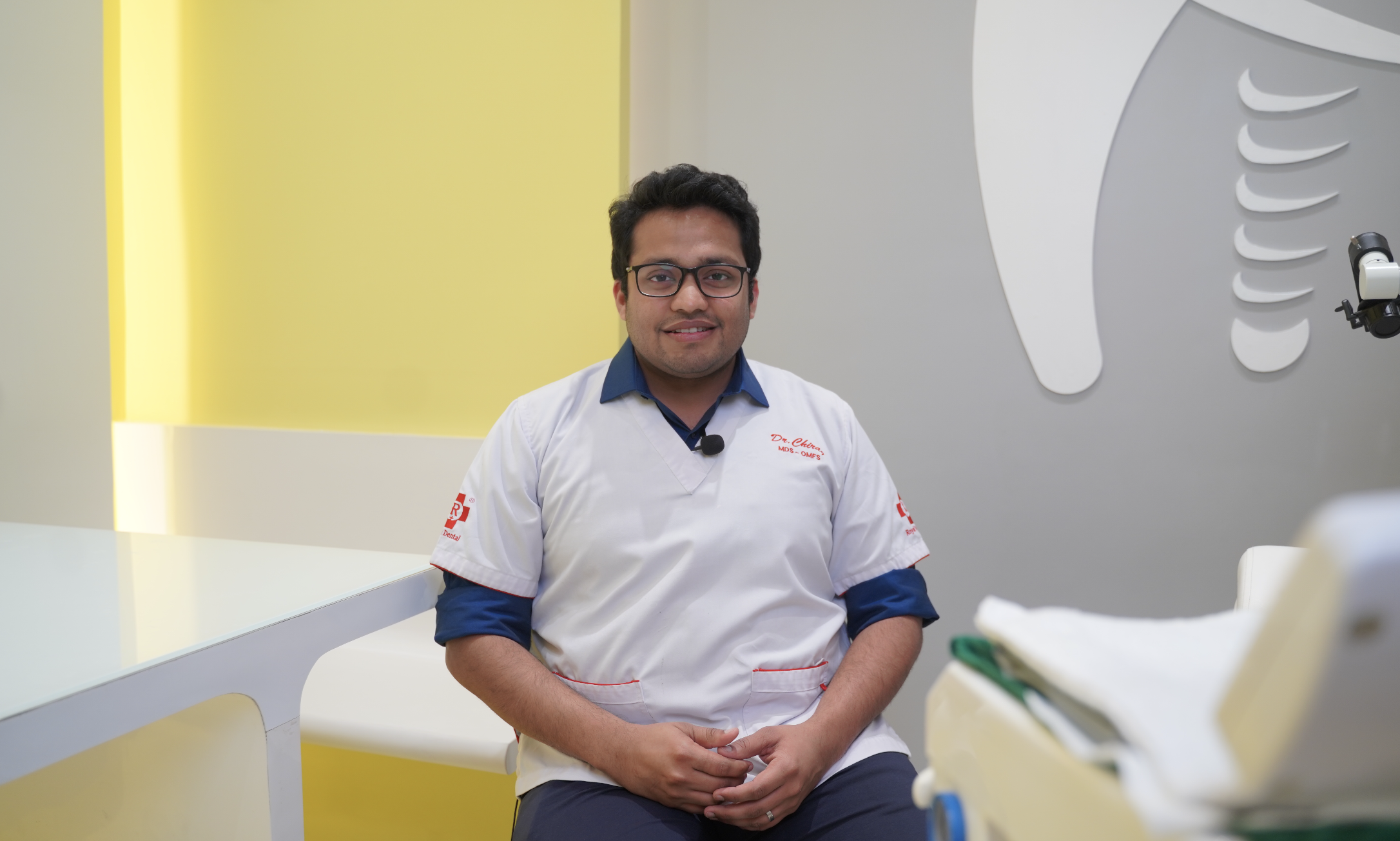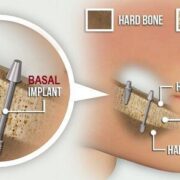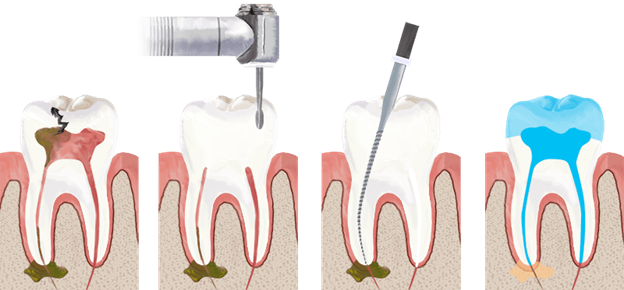Becoming an oral surgeon is a unique career choice. It’s a medical field that requires years of schooling and on-site training, as well as a commitment to helping others every day. An oral surgeon helps patients recover from injuries to the mouth, jaw, and facial bones. This surgical specialist can also treat problems in the mouth that may be caused by dental diseases such as gingivitis or tooth decay. An oral surgeon has a specialized set of skills that make them different from other dentists.

These surgeons receive additional education and training to enable them to diagnose and treat problems with teeth and jaw bones directly. They often works in conjunction with other dentists who assist with diagnosing patients, creating prosthetics and working on patients’ mouths for long periods at a time.
What does an Oral Surgeon do?
An oral surgeon is a dentist whose main focus is surgery. They treat oral conditions that involve surgery, such as tumors, cysts and infections. They also treat fractures of the jaw and facial bones, and may participate in the diagnosis and treatment of diseases that affect the teeth, gums and jaw. If you choose this career path, you’ll need to know how to do basic dental procedures such as tooth extractions and grafting. You might also be trained in orthognathic surgery, which deals with correcting a malocclusion, or misalignment of teeth and the jaw. You may be called on to use a laser to perform surgery that cuts tissue or bone, or bone grafting procedures.
Education and Certification Requirements
Becoming an oral surgeon requires eight years of post-secondary education and training. Becoming an oral surgeon usually involves completing a bachelor’s degree followed by a graduate degree in oral and maxillofacial surgery. This is followed by a residency program, which lasts from two to five years. After completing your residency program, you must sit for and pass the National Board Dental and Oral Examination.

Job Responsibilities of a Dentist or Surgeon
To become an oral surgeon, it is important to note that it is a surgical specialty that requires a dentist to complete training that includes an additional two years of post-doctoral training followed by certification. With that in mind, the responsibilities of an oral surgeon may include the following:
Patient Consultation – An oral surgeon will meet with patients to discuss the diagnosis and treatment plan. A surgeon will explain his or her findings while examining the patient, and may recommend taking a biopsy of any suspicious growths.
Establishing a Surgical Treatment Plan – An oral surgeon will create a personalized treatment plan for each patient based on the diagnosis. The surgeon may perform a biopsy on any suspicious growths, remove tumors or cysts, or perform a reconstructive surgery.
Operating on the Mouth – Surgeons often perform complex reconstructive surgeries that involve the jaw and facial bones. They also treat oral diseases, such as gingivitis or tooth decay.
Pros of Becoming a Surgeon
Work Schedule – The work schedule for an oral surgeon varies significantly from that of other dentists. In general, oral surgeons work long hours, but the specific hours can vary. On any given day, a surgeon may work long hours in the office, then go home to see patients on an emergency basis.
Salary – Although a salary is not the only factor to consider when choosing a career path, it is a consideration. The average annual salary for a dentist surgeon is $195,000 with the potential to earn significantly more.
Helping Others – The most significant pro to becoming a surgeon is being able to help others. Oral surgeons treat patients of all ages who may have suffered serious injuries or who have diseases that may require complex treatments. Being able to help others is an invaluable aspect of this career path.
The Cons of Being an Oral Surgeon
Long Training Period – One of the biggest cons of becoming an oral surgeon is the length of training required. To become a surgeon, you must complete a bachelor’s degree, dental school, a residency program, and two years of additional post-doctoral training. This requires a significant amount of time and effort.
Financial Debt – The cost of becoming an oral surgeon is significant. Students who are pursuing this career path will likely incur a large amount of financial debt. Even though a salary is high, it may take many years for new oral surgeons to become financially solvent.
Long Hours – As mentioned above, oral surgeons work long hours. In general, oral surgeons work approximately 50 hours per week.
Potential Public Outcry – Because surgeons treat patients who have suffered traumatic injuries, they may accrue public criticism or blame for the patient’s condition.
Final Words
Becoming an oral surgeon is a challenging but rewarding career path. It involves a long training period, significant financial debt and long hours. The pros of becoming a surgeon outweigh the cons, though. You will be able to help others, and you may be able to take a more hands-on role in treating patients’ dental issues. If you’re interested in becoming a surgeon, you should start researching programs as soon as possible. It can take several years to complete the necessary schooling and training, so you don’t want to wait until the last minute to get started on this journey.
Follow Us For More Updates






there are royal dental clinic is the best